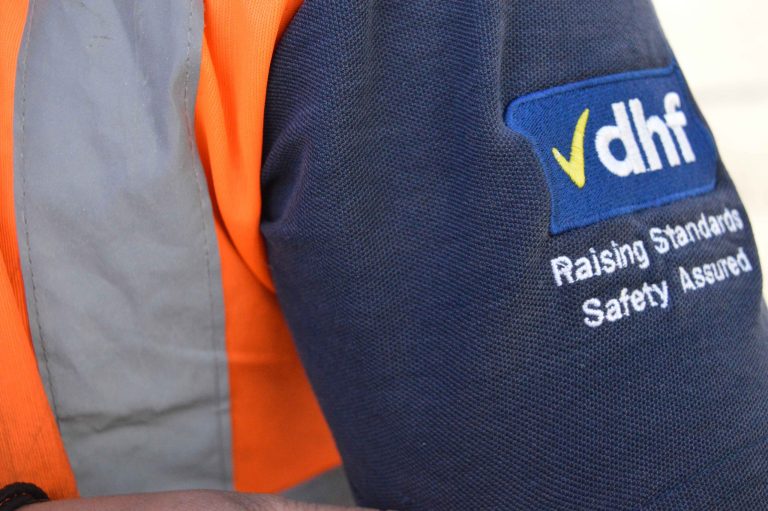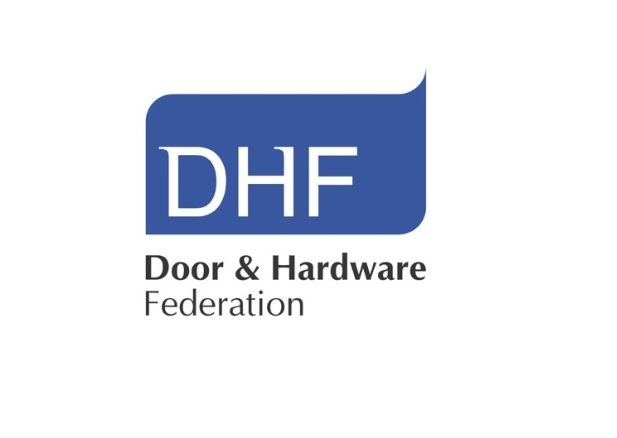On the sixth anniversary of the Grenfell fire tragedy, which resulted in the loss of 72 lives, Door & Hardware Federation’s General Manager & Secretary, Michael Skelding, looks back on this year’s developments with regards to legislation, and the resultant impact on DHF members. The high-rise fire which broke out in the 24-storey Grenfell Tower block of flats in North Kensington, West London, on 14th June 2017, claimed the lives of 72 people. To prevent such a tragedy from recurring, over the past year, a number of regulations have come into force, for example, the Construction Product (Amendment) Regulations in July 2022; this has enabled the Secretary of State for Levelling Up, Housing and Communities to act as an enforcement authority for construction products. This legislation paved the way for the new National Regulator for Construction Products to be established by the Office for Product Safety and Standards, thus allowing for enhanced and strengthened regulation of construction products. “It is clear that enforcement of the existing Construction Products Regulations, as undertaken by local authorities’ trading standards departments since 1991, has been ineffective due to a lack of resources and specific training,” explains Michael Skelding, DHF’s General Manager and Secretary. “The report “Testing for a Safer Future” confirms this. The direct involvement of OPSS, acting under DLUHC, should improve the effectiveness of enforcement and lead to more prosecutions where defective and, in particular, dangerous, products are concerned. This will potentially affect all manufacturers of construction products.” In October 2022, the White Paper on Construction Products Competence (CPC) was published by WG 12 of the Competence Steering Group (CSG ); it has been widely supported throughout the construction products supply chain. As a result, in January 2023, BSI Committee CPB/1 established a new project to create a Code of Practice for Core Criteria for Construction Products Competence, to be based on the White Paper. The standard’s purpose is to ensure individuals using or working with construction products are competent and can demonstrate their competence to others. The standard is expected to describe five levels of core criteria that should be achieved, demonstrated, and maintained by all individuals making choices concerning construction products at all levels in the built environment sector. It is expected to include a methodology of application to define how those core level criteria can be mapped by industries within the built environment sector consistently to their competence frameworks. It is intended to be used, in conjunction with BS 8670, by all industries in the built environment sector to map against their existing training and qualifications to demonstrate the competence of their workforce, as well as to identify any gaps in their training and qualifications. Michael says: “While DHF training focuses on installing and maintaining products correctly, this initiative is based on the understanding that many actors in the supply chain must be competent in dealing with construction products; this would include, for example: manufacturers, distributors, architects, risk assessors, building safety managers, installers, and maintainers. We will continue to support this initiative through our membership of CSG WG 12.” On 23rd January 2023, The Fire Safety (England) Regulations 2022, made under Article 24 of the Fire Safety Order 2005, came into force. These impose additional duties on the responsible persons in residential buildings of multiple occupancy (BMO). In buildings taller than 11 metres, the new regulations require quarterly checks on fire doors in communal areas and annual checks on flat entrance doors. As Michael says: “Some members will be involved in carrying out fire door inspections under these regulations and there will be an increased need for training.” The following month saw the first meeting of the new Building Advisory Committee, chaired by Peter Baker, Chief Inspector of Buildings, and head of the Building Safety Regulator (BSR) in HSE. “This really was something of a ‘landmark’”, says Michael. “The BSR is becoming the building control authority for work on higher risk buildings in England; previously, this was the local authority in most cases. According to government: the Building Safety Regulator’s approach to formal enforcement and sanctions will serve the public interest and will be undertaken in a fair, equitable and consistent manner, targeting, and taking firm action against those who repeatedly offend, act irresponsibly, or whose actions could cause serious harm. It promotes the principle that those who create the risk are responsible for managing that risk and are held accountable when they fail to do so.” In April of this year, an independent review of the construction product testing regime (a follow-up to Dame Judith Hackitt’s report “Building a Safer Future”) was published. Named “Testing for a Safer Future”, the review identifies potential weaknesses in the system and makes recommendations for improvement. “We are yet to receive a response from UK Government. This could affect the existing intentions for conformity marking of construction products and safety critical products; the official response will be important as it will affect testing and certification requirements for manufacturers of construction products,” explains Michael. “Looking ahead, we expect the Grenfell Inquiry Phase 2 Final Report, as well as legislation on competence requirements (provided for in Part 3 of the Building Safety Act 2022) which will potentially affect any building activity subject to building regulations approval in England. In addition, the Golden Thread of information: Part 3 of the Building Safety Act Amends the Building Act 1984 to allow building regulations to make provisions regarding creating, obtaining, storing, and transmitting information and documents. Part 4 imposes duties on Accountable Persons to manage such information and documents, subject to regulations to be made by the Secretary of State for Levelling Up, Housing and Communities. The necessary regulations have not yet been published but guidance about implementing the regulations and obtaining and handling the data is also expected. Once in place, information provided by manufacturers and installers of construction products will assume greater importance.” Building, Design & Construction Magazine | The Choice of Industry Professionals









